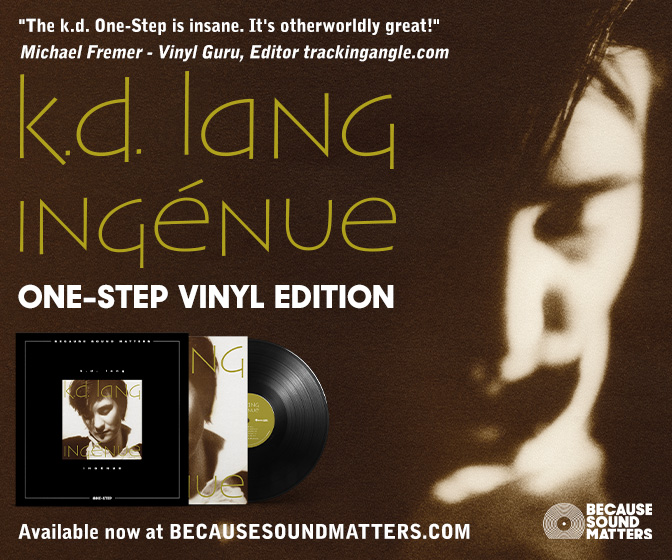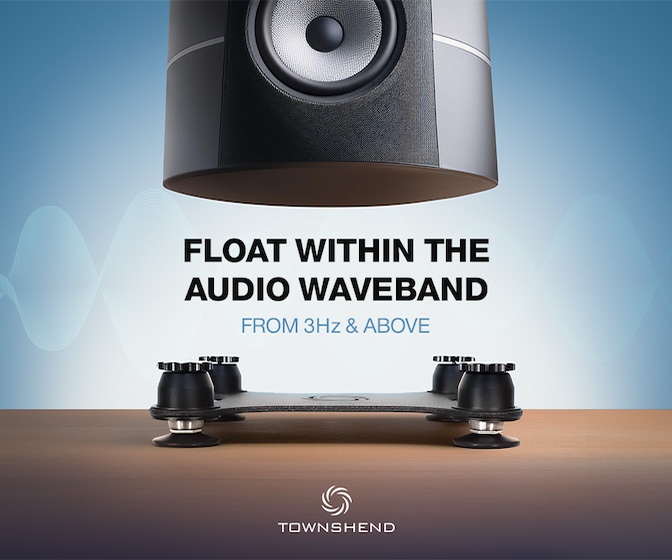Is That Jazz? Lil B’s ‘Afrikantis’
The most fascinating avant-garde jazz album in recent times
Anyone who predicted this is either a time traveler or is clinically insane (probably both). It’s December 2022, everyone’s “best albums of 2022” lists are out, and Lil B has dropped a jazz album.
That’s right: Lil B The Based God, the rapper and motivational speaker who’s perhaps the most detrimentally prolific artist of our time (did anyone actually listen to all eight volumes of his 855 Song Based Freestyle Mixtape?), has made what can loosely be considered a jazz album. Bearing no connection to the long history of avant-garde jazz, the undeniably avant-garde Afrikantis runs an exhausting 71 minutes and 14 tracks. There are no real instruments, no proud eschewing of structure because there’s hardly any acknowledgement of structure to begin with, and you quickly question why Lil B did any of this. But as the man himself tweeted, “THIS MAY BE ONE OF THE MOST IMPORTANT JAZZ PROJECTS EVER… TAKE UR TIME WITH THIS.” There’s a hint of truth there; it’s certainly one of the most interesting jazz records in recent times.
After several listens, one has immense appreciation for Afrikantis’ existence but no more clarification as to why it exists. By relying seemingly exclusively on virtual instruments, Lil B strips away the human element fundamental to jazz; in general, Afrikantis’ instrumental makeup simultaneously sounds too artificial to emulate real musicians but not artificial enough to become convincing electronic music. Still, there’s no shortage of dissonant honking and wailing. To say that this sounds like a third grader receiving their first MIDI keyboard and plugging it into GarageBand is accurate but too cynical. Instead, I’d say that Lil B sounds like Far Side Virtual-era James Ferraro having a grave misunderstanding of Afro-jazz, but with the exploratory playfulness of Haruomi Hosono’s mid-80s Emulator experiments.
About a minute into Afrikantis’ opening track “My Fathers Drums,” it’s already painfully clear that Lil B The Based God has no clue what he’s doing here (that’s a compliment). Nothing coheres at all, and the drums and horns sound completely random. Consistent rhythms and recurring melodic themes are almost foreign concepts to Lil B, resulting in music that would give any trained musician a headache (imagine transcribing this). He probably laid down one virtual instrument at a time, improvising—if you can call it that, since it sounds more like gleeful button-pressing than carefully considered improvisation—in a vacuum until it all builds up into something like “A Song for Mom,” an eight-minute epic where nearly every note sounds blatantly wrong. About five minutes in, there’s a buildup that sounds like the result of feeding Coltrane’s Ascension to an AI, followed by possibly the most bizarre “horn” solo you’ve ever heard. The pieces on Afrikantis aren’t songs or compositions, they’re meandering blobs of cacophonous sound delivered in three- to eight-minute segments sure to test your patience.
The record goes on like this for a while: Lil B messing around with his band of virtual musicians, and you trying to even slightly comprehend any of it. There are nods to Afrobeat, though nothing that sounds like Afrobeat for more than 10 seconds at a time (the mechanical drums on “Kim” would never have been composed by anyone touching real percussion). “Eurasia,” with its low-bitrate tin can drums, wacky synths lines, and chorus of distorted fake horns, is beyond any categorization and might be the weirdest track here (that’s saying something). “Guinea Pig Arcade” is a mangled computerized take on 70s jazz fusion, while all the tracks after it find the Based God mostly giving up on the jazz thing (save for some fake upright bass) and going full-on Ferraro-esque utopian virtual. Ending Afrikantis on a serviceable but confusing note are “Jack London Square Oakland Ca,” “West Berkeley Ca Waterfront,” “Welcome to Oakland California,” and “Park St Alameda Californina” [sic], all pleasant soundscape pieces that drone on for way too long. But don’t those traits sum up the entire record?
Hating Afrikantis would be misguided, even though by no traditional metric can this be considered “good,” or even “listenable.” Yet for all its immediately obvious faults, this is a record that needs to exist. Jazz is one of the few forms where technical proficiency remains a barrier to entry; Lil B and his computer plow right through that. Even in avant-garde jazz, musicians usually follow basic musical rules. Lil B The Based God breaks those rules, perhaps because he doesn’t even know they exist. My excitement over Afrikantis reminds me of something Lester Bangs wrote about Lou Reed’s infamous meth-driven noise record Metal Machine Music: “I realize that any idiot with the equipment could have made this album, including me, you or Lou. That’s one of the main reasons I like it so much. As with the Godz and Tangerine Dream, not only does it bring you closer to the artist, but someday, god willing, I may get to do my own Metal Machine Music. It’s all folk music, anyway.” Jazz has never had this sort of moment, until now. While Lil B is an outsider in the jazz world (where he’s probably unheard of, much less taken seriously) and Afrikantis may or may not be influential, it’s a record that openly questions who is “allowed” to make jazz and how. Maybe he’s trolling us all, but I strongly believe it’s worth taking seriously. At long last, we have a Trout Mask Replica for the digital age where no one can afford to hire actual musicians. And for that, I’m grateful. Thank you Based God.
(The sound quality of the 44.1kHz/16bit digital stream—the only available format—is mediocre, because these sorts of virtual instruments never sound convincing. That’s by design, though everything’s spread out nicely. But is anyone listening to a Lil B record for the sound?)










































